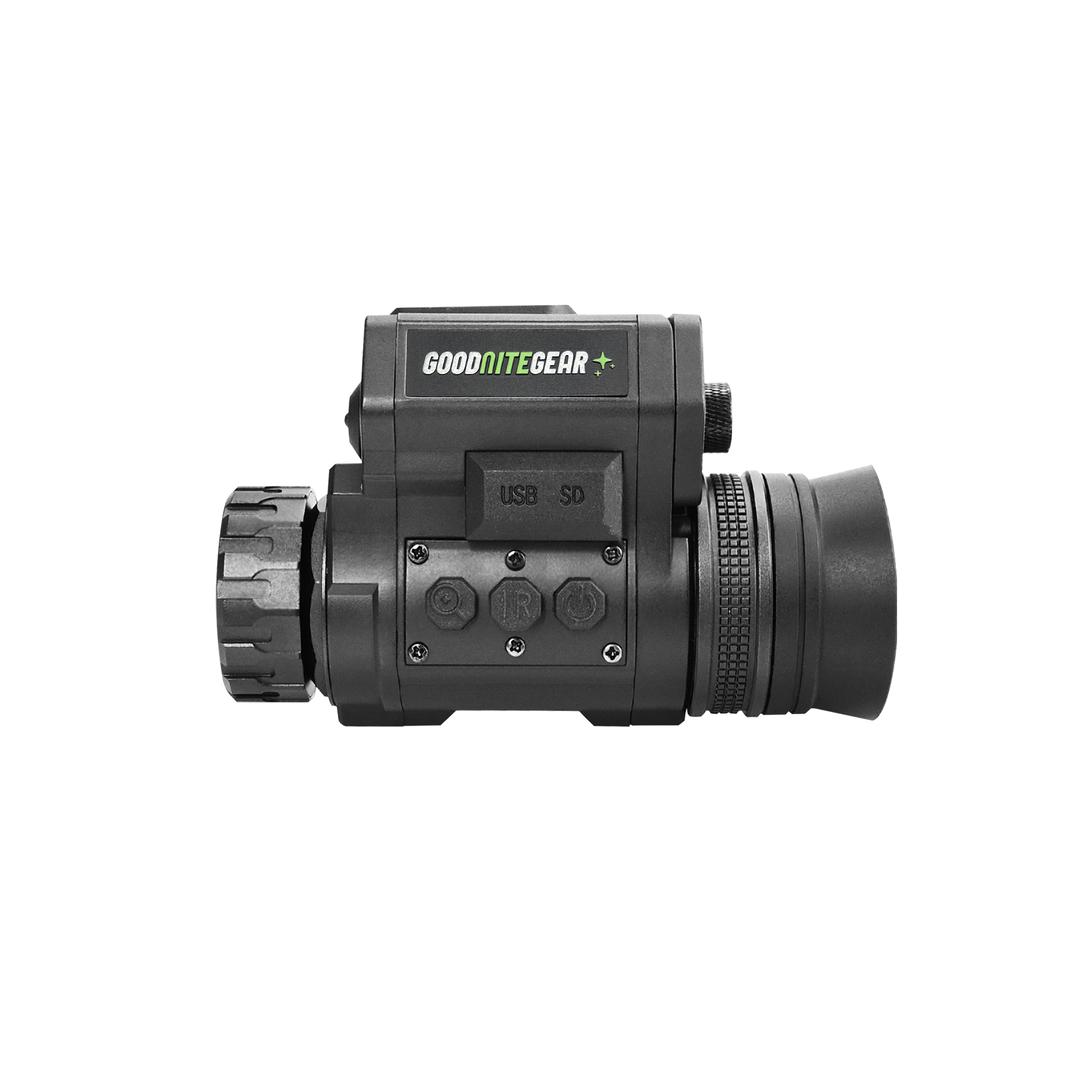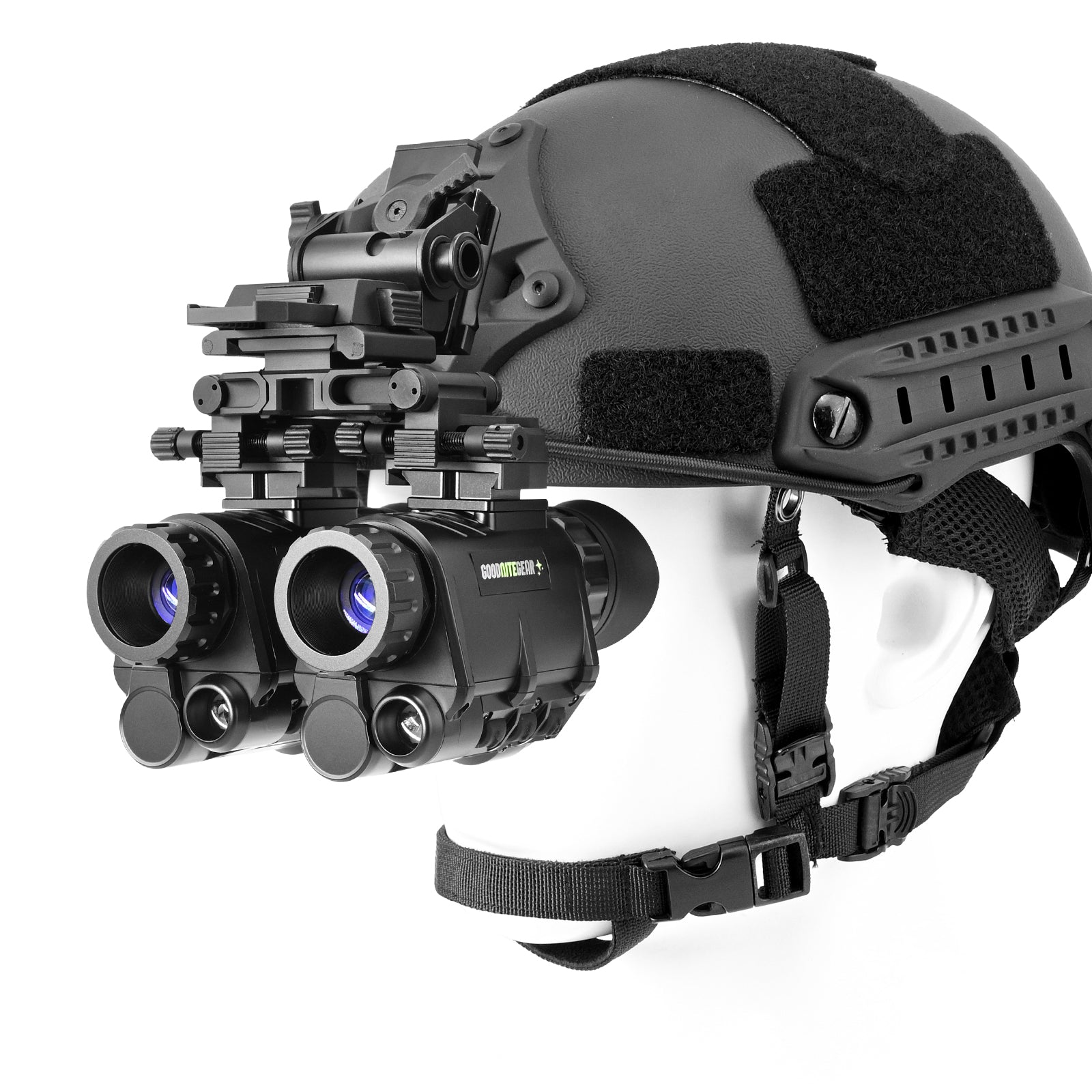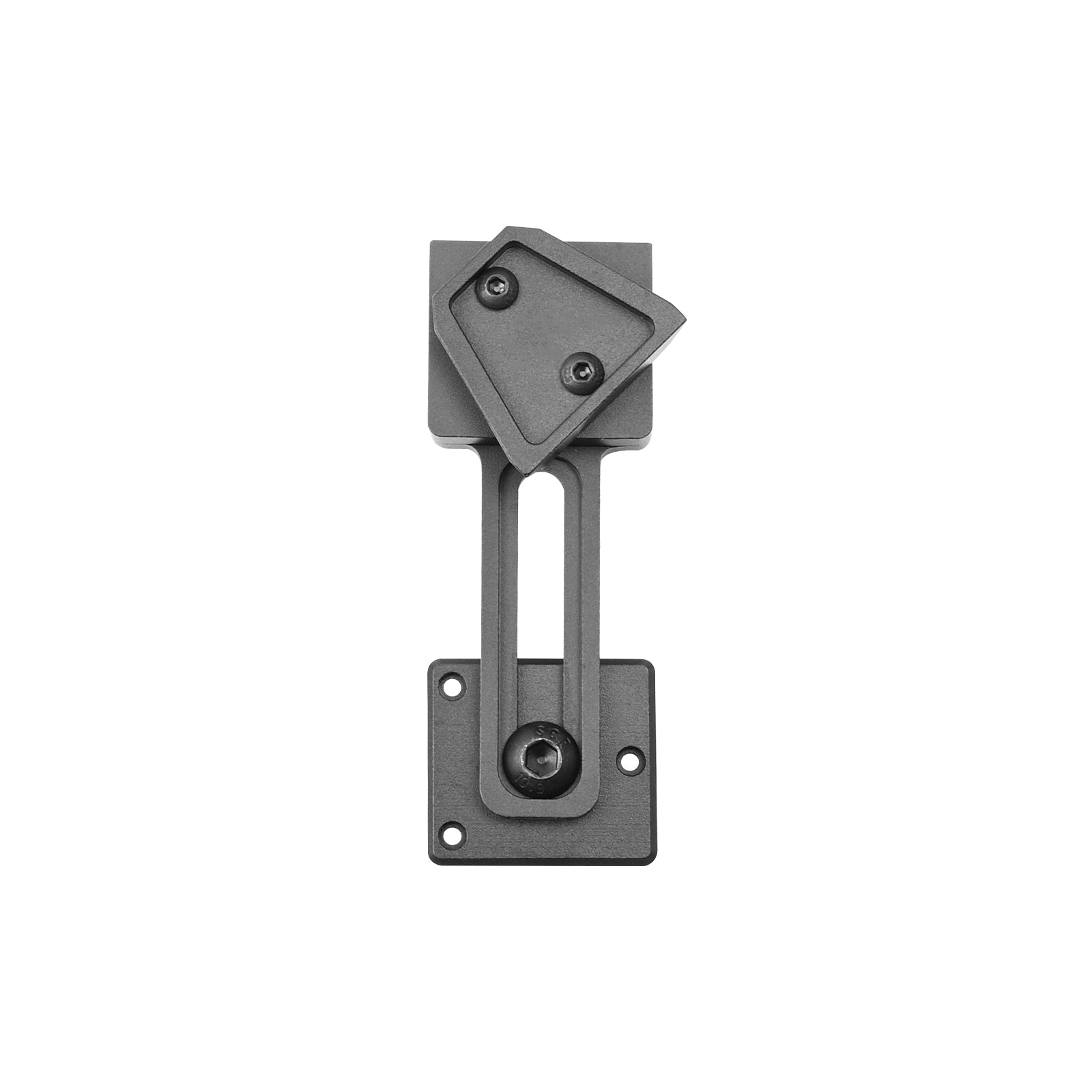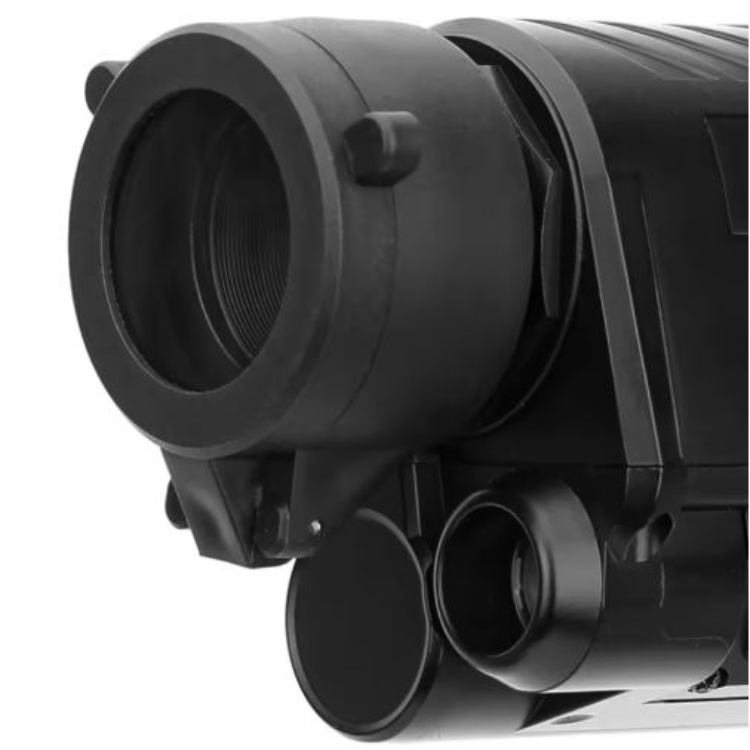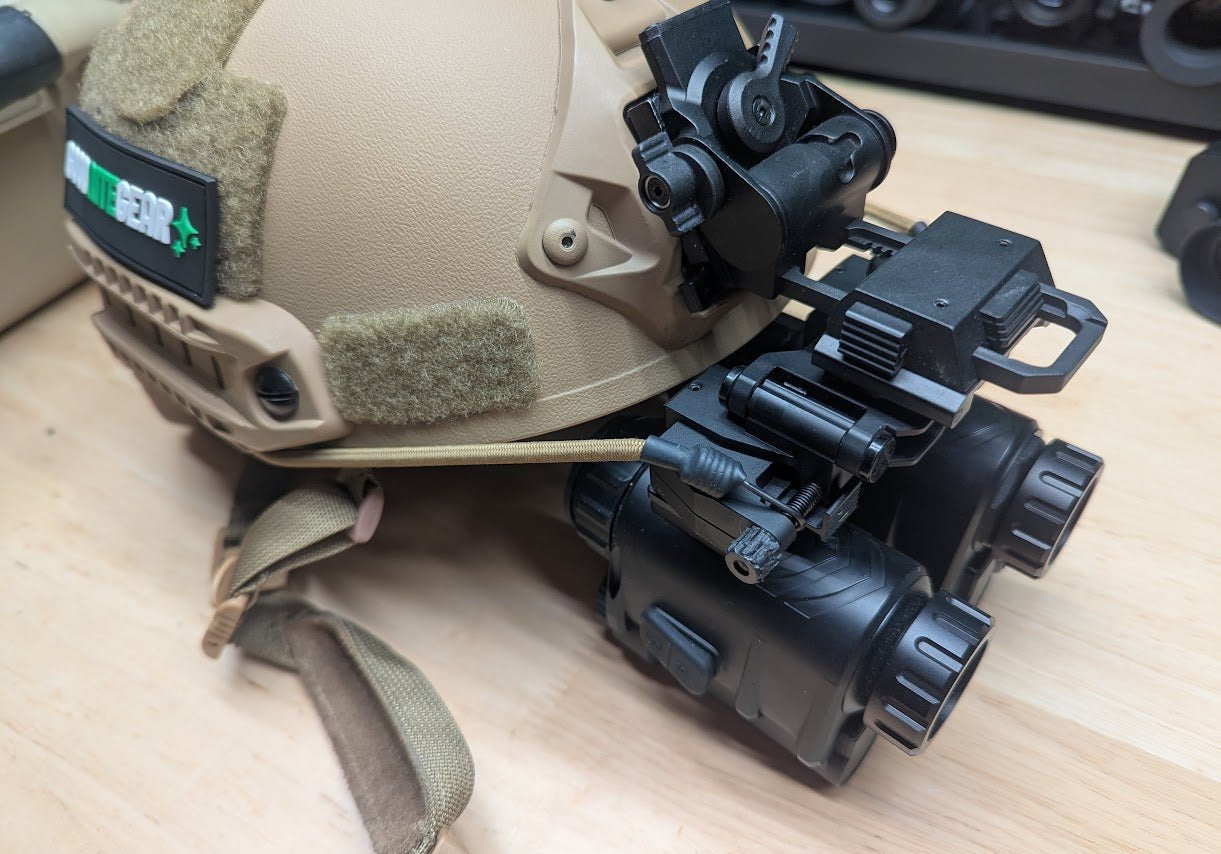The best digital night vision has completely transformed our ability to see in low light. However, can digital night vision be damaged by light?
To safeguard your equipment and guarantee its longevity, it is vital to comprehend how light exposure affects digital night vision devices.
What is Digital Night Vision?
Digital night vision works like a digital camera. It uses a light sensor to record ambient or infrared (IR) light. It is then converted into a picture that can be seen on an electronic display.
In contrast to analog intensifier tubes, modern systems process light digitally and offer numerous advantages. A few of them are:
-
Picture capture
-
Sensitivity adjustment
-
Less vulnerability to harm from intense light
Risk Factors: Can Digital Night Vision be Damaged by Light?
Digital night vision systems are more durable. However, they can still get damaged. Among the primary risk factors are:
Energy Intensity, Concentration, and Exposure Duration
Sensors may be overheated or burned by a concentrated, powerful light source, such as a laser or direct sunlight.
Static Exposure
Prolonged exposure to intense or static light can result in temporary or permanent sensor "burns" on digital night vision scopes or monoculars.
Focusing Exposure
A strong source of light, such as the sun, focused via the objective lens may harm the sensor's pixel structure.
Buy NVG30 Digital Night Vision Monocular to overcome these risks.
The Benefits of Digital Over Analog
Auto-gating and brightness filters are common safety features in digital night vision monoculars and digital night vision binoculars. They help prevent unexpected spikes in ambient light.
In addition, digital sensors are significantly less susceptible to day-light damage than analog systems since they do not rely on fragile photocathode tubes.
Buy NVG50 Digital Night Vision Binocular.
Useful Advice for Protection
Avoid Direct Strong Light
Avoid aiming your scope or night vision goggles digital straight toward the sun, lasers, streetlights, or flashlights.
Don't Leave it Static.
Switch off or remove your digital night vision equipment from the tripod or rifle when not in use. In high lighting, static pictures might cause the sensor to burn.
Use Lens Caps
To avoid unintentional exposure, cover lenses when not in use.
Allow Recovery
After resuming, temporary sensor ‘burn’ artifacts usually disappear; however, lasting damage necessitates an early shutdown before recovery.
Be Cautious with Lasers
When using lasers, use caution since direct or reflected laser light can quickly cause irreversible sensor damage.
The Bottom Line
So, can digital night vision be damaged by light? Yes, but it is far less likely to do so than analog systems.
Prolonged exposure to strong, focused light can harm the sensors in digital night vision monoculars, binoculars, scopes, and goggles. Nevertheless, you can safeguard your device and get the most out of digital night vision by following the above-mentioned precautions.
Visit Good Nite Gear Shop online to get the best digital night vision equipment.

